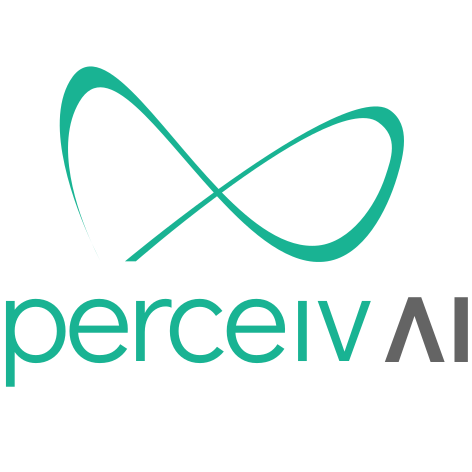
Precision medicine through disease forecasting
Top competitors: Altoida, Qynapse, Darmiyan, Unlearn Competitive advantages: Our solution can be applied at every disease stage, as compared to our competitors with only narrow applicability at specific disease stages. Our prognostic performance is best in class: 51% sample size reduction, vs Unlearn’s 15% We combine and adapt to multiple modalities, which better reflects the multifactorial nature of disease, in contrast to competitors using single-modality approaches providing a more restricted view (e.g. Darmiyan (MRI only) and Altoida (app-based cognitive assessment only). We have created a multimodal longitudinal database with more than six times as many images as some competitors (65,000 MRIs vs. Qynapse’s 10,000). We only use established modalities, enabling us to leverage historical data, with easier validation and lower-friction deployment vs. competitors that use novel modalities.
Alzheimer's Disease (AD) is currently being diagnosed too late in most patients, missing their optimal treatment window; this unacceptably impacts healthcare spending and patient well-being/outcomes. Delayed diagnoses represent $7T in lifetime AD spending in the US alone, translating to $64,000 per patient in avoidable lifetime costs. On the therapeutic side, AD clinical drug trials fail at an alarming rate: 99.6% of trials have failed in the past 20 years due to high heterogeneity among recruited patients, which in turn leads to underpowered studies. Perceiv AI's disease progression forecasting technology addresses these two issues by optimizing clinical trials and shortening time to diagnosis with AI-driven prognostic forecasting.
National survey of 100 primary care physicians: 88% would be very likely to use Perceiv AI's prognostic clinical decision support tool, and 82% would likely initiate therapy for patients sooner with our tool. Peer-reviewed published scientific paper: 51% reduction in sample size necessary for early Alzheimer's disease (AD) clinical trials. Setup: Foresight AD has been trained to predict cognitive trajectories (in CDR-SB) over 24 months of patients with early AD. Out of the 1342 patients under investigation, 30% of them remain stable, and thus should not be enrolled in a clinical trial. We present results on 3 different samples: The discovery sample (n=1151; cross-validated) A first external validation on the placebo arm of a phase 3 clinical trial (n=115) A second external validation on another sample (n=76) 45% reduction in sample size for preclinical Alzheimer's: oresight ADTM has been trained to predict cognitive trajectories (in CDR-SB) over 48 months of patients with presymptomatic AD. Out of the 756 patients under investigation, 80% of them remain stable, and thus should not be enrolled in a clinical trial. We present results on 2 different samples: The discovery sample (n=628; cross-validated) An external validation sample (n=128)